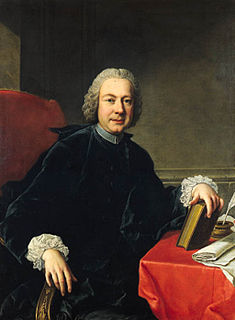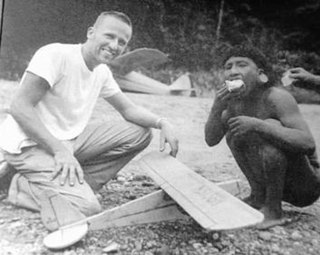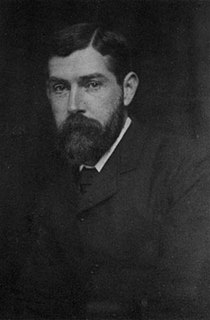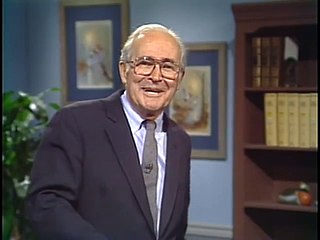A Quote by Pietro Metastasio
If our inward griefs were written on our brows, how many who are envied now would be pitied. It would seem that they had their deadliest foe in their own breast, and their whole happiness would be reduced to mere seeming.
Related Quotes
If the concept of consciousness were to fall to science, what would happen to our sense of moral agency and free will? If conscious experience were reduced somehow to mere matter in motion, what would happen to our appreciation of love and pain and dreams and joy? If conscious human beings were just animated material objects, how could anything we do to them be right or wrong?
For a man’s life would become intolerable, if he knew what was going to happen to him. He would be made aware of future evils, and would suffer their agonies in advance, while he would get no joy of present blessings since he would know how they would end. Ignorance is the necessary condition of human happiness, and it has to be admitted that on the whole mankind observes that condition well. We are almost entirely ignorant of ourselves; absolutely of others. In ignorance, we find our bliss; in illusions, our happiness.
If Jesus Christ were to sit down with us and ask for an accounting of our stewardship, I am not sure He would focus much on programs and statistics. What the Savior would want to know is the condition of our heart. He would want to know how we love and minister to those in our care, how we show our love to our spouse and family, and how we lighten their daily load. And the Savior would want to know how you and I grow closer to Him and to our Heavenly Father.
But the things is, you see, that two people can never actually become one no matter how close they are. And it would not be desirable even if it were possible. What would happen when one of them died? It would leave the other as a half a person, and that would be a dreadful thing. We must each be a whole person and therefore we each need some privacy to be alone with ourselves and our own feelings.
... how have I used rivers, how have I used wars
to escape writing of the worst thing of all--
not the crimes of other, not even our own death,
but the failure to want our freedom passionately enough
so that blighted elms, sick rivers, massacres would seem
mere emblems of that desecration of ourselves?
I've always wondered what it would be like if the Messiah, or Christ Returned, were actually alive and living in our society; who would that person be, how we would identify them, how would they live and what would they believe in, how would society react to them? I decided to try and tell my idea of that story.
If God would grant us the vision, the word sacrifice would disappear from our lips and thoughts; we would hate the things that seem now so dear to us; our lives would suddenly be too short, we would despise time-robbing distractions and charge the enemy with all our energies in the name of Christ. May God help us ourselves by the eternities that separate the Aucas from a Comprehension of Christmas and Him, who, though he was rich, yet for our sakes became poor so that we might, through his poverty, be made rich.
Our actual lives, including our values, our social relations, our self-conceptions, and many of our concepts, are pervasively shaped both by the knowledge and by the fact that we will someday die - that we are subject to extreme temporal scarcity. There is no reason to think that, if we were immortal, the same things would continue to matter to us. We have little or no idea what, if anything, would matter to immortal beings, or even how such beings would think of themselves.
So when we call pain a problem, we claim we do not deserve it. We are even prepared to scuttle God to maintain our own innocence. We will say that God is not able to do what He would like, or He would never permit persons such as ourselves to suffer. That puffs up our egos and soothes our griefs at the same time. "How could God do this to me?" is at once an admission of pain and a soporific for it. It reduces our personal grief by eradicating the deity. Drastic medicine, indeed, that only a human ego, run wild, could possibly imagine.




































